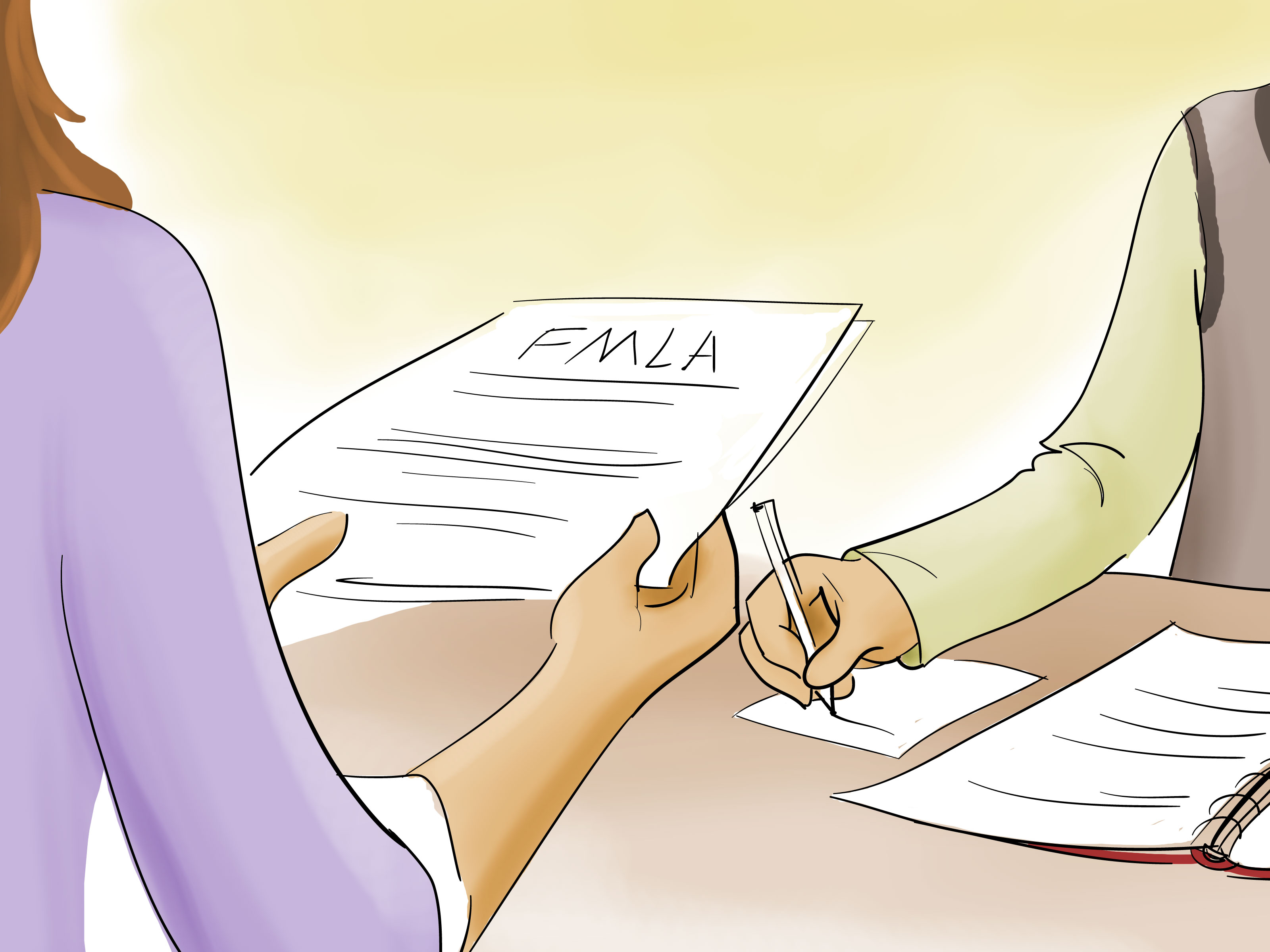Can My Therapist Legally Sign FMLA Paperwork?

When navigating a medical leave from work due to mental health concerns, one might wonder if their therapist can legally sign the paperwork needed for Family and Medical Leave Act (FMLA) approval. This article will delve into the legalities, the process involved, and the criteria a therapist must meet to sign your FMLA documentation, ensuring you can take the time off you need without worrying about job security.
Understanding FMLA

FMLA is a federal law enacted in the United States to provide employees with job-protected leave for certain medical and family-related reasons. It entitles eligible employees to take unpaid, job-protected leave for:
- Their serious health conditions
- Qualifying exigencies arising out of the fact that their spouse, son, daughter, or parent is on active duty or has been called to active duty
- Caring for their family member with a serious health condition
- The birth and care of a newborn child
- The placement of a child into foster care or adoption
Can a Therapist Legally Sign FMLA Forms?

To answer this question, we must understand the healthcare provider's qualifications:
Licensure and Certification

The therapist must be legally licensed or certified to practice therapy. The FMLA regulation specifies that a "health care provider" includes:
- Doctors of Medicine (MD) or Osteopathy (DO)
- Podiatrists, dentists, clinical psychologists, optometrists, chiropractors, and nurse practitioners
- Nurse midwives or clinical social workers (LCSWs)
- Physician assistants or Christian Science Practitioners
- Any other provider recognized by the employer's health plan
👉 Note: Clinical social workers (LCSWs) and clinical psychologists can legally sign FMLA paperwork. However, this depends on the specifics of your employer's health plan and state regulations.
Employer's Health Plan Recognition

Some employers might have their health plan listed specific providers or types of providers that can certify an FMLA need. It's crucial to check with your HR department or review your employee handbook for this information.
Serious Health Condition

The therapist must certify that you are dealing with a serious health condition. Here are some criteria:
- Inpatient care
- Continuing treatment by a health care provider
- Chronic or long-term health condition requiring medical supervision
- Permanent or long-term incapacity due to a condition that requires care
- Absence due to treatment for a condition that might incapacitate you
Steps to Take When Requesting FMLA Through Your Therapist

1. Confirm Eligibility

Ensure that:
- You have worked for your employer for at least 12 months
- You have at least 1,250 hours of service in the last 12 months
- Your employer has at least 50 employees within 75 miles
2. Obtain FMLA Forms

You need to download the appropriate forms from the U.S. Department of Labor’s website or request them from your employer’s HR department. The key forms are:
- WH-380-E - Certification of Health Care Provider for Employee’s Serious Health Condition
- WH-380-F - Certification of Health Care Provider for Family Member’s Serious Health Condition
3. Schedule an Appointment

Set up an appointment with your therapist. Discuss your need for medical leave and ensure they are willing and able to certify your condition for FMLA purposes.
4. Provide Documentation

Your therapist will need details about:
- Your job, including physical requirements
- The dates of your leave
- Information about your health condition
5. Certification Process

The therapist will complete the required FMLA forms, certifying your serious health condition, the necessity for leave, and the probable duration.
💡 Note: Ensure you give your therapist ample time to complete the certification process. It can take several weeks, so plan your leave accordingly.
What if My Therapist Isn’t Listed?

If your therapist isn’t listed under your employer’s health plan or their credentials don’t fit within the standard FMLA provider categories, there are several steps to consider:
Appealing the Decision

If your employer disputes the therapist’s certification, they have the right to:
- Request a second or third opinion at their expense
- Ask for clarification or additional information
Seek Additional Health Care Providers

Consider getting a supporting certification from another recognized health care provider. This can strengthen your case if your employer has doubts.
Legal Considerations

Employees have protections:
FMLA Rights
- Job protection upon return
- Continuation of health benefits
- Return to the same or an equivalent job
ADA Compliance
If your mental health condition qualifies as a disability under the Americans with Disabilities Act (ADA), your employer must engage in an interactive process to provide reasonable accommodations, which might include leave.
⚠️ Note: Keep all communication professional, document everything, and maintain confidentiality regarding your health condition with your employer.
As we've explored, the role of a therapist in signing FMLA paperwork is legally supported, provided certain conditions are met. Your therapist must be a recognized healthcare provider, certify your serious health condition, and follow the outlined process. Remember to work closely with your HR department and ensure that all steps are followed to minimize complications or disputes. Whether dealing with mental health or any other qualifying condition, FMLA provides a vital framework for employees to manage their health without the added stress of job insecurity.
Can a therapist who isn’t on my employer’s health plan sign my FMLA forms?
+Yes, a therapist can still sign FMLA forms even if they aren’t listed on your employer’s health plan, as long as they are licensed to practice and your condition qualifies as a serious health condition under FMLA guidelines.
What happens if my employer disputes my therapist’s certification?
+Your employer can request a second or third opinion at their expense or seek clarification or additional information to validate the certification.
Is there a limit to how much FMLA leave I can take?
+Under FMLA, eligible employees can take up to 12 weeks of unpaid, job-protected leave in a 12-month period.
What if my employer refuses my FMLA request?
+Your employer can’t legally refuse an FMLA request if you meet the eligibility requirements. However, they can challenge the certification or request clarification. If you believe your rights are being violated, you can contact the U.S. Department of Labor’s Wage and Hour Division or seek legal counsel.
Does FMLA cover anxiety and depression?
+Yes, if your therapist or doctor deems your anxiety or depression to be a serious health condition requiring treatment or significant incapacitation, it can qualify for FMLA.



